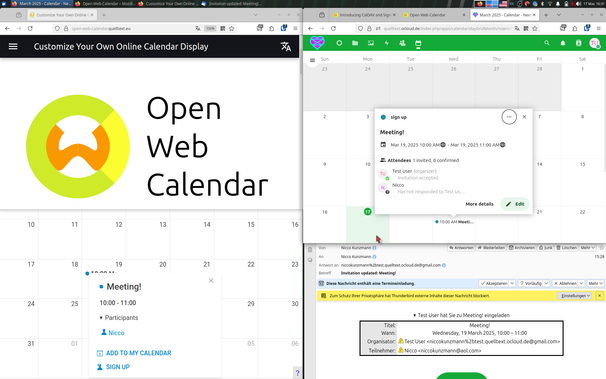Deobfuscating APT28's HTA Trojan: A Deep Dive into VBE Techniques & Multi-Layer Obfuscation
This analysis delves into APT28's cyber espionage campaign targeting Central Asia and Kazakhstan diplomatic relations, focusing on their HTA Trojan. The malware employs advanced obfuscation techniques, including VBE (VBScript Encoded) and multi-layer obfuscation. The investigation uses x32dbg debugging to decode the obfuscated code, revealing a custom map algorithm for character deobfuscation. The process involves decoding strings using embedded characters from Windows vbscript.dll. The analysis identifies the use of Microsoft's Windows Script Encoder (screnc.exe) to create VBE files. By employing various deobfuscation techniques, including a Python script, the final malware sample is extracted and analyzed, showcasing APT28's evolving tactics in cyber espionage.
Pulse ID: 67efc6e712b49d46c1423ca9
Pulse Link: https://otx.alienvault.com/pulse/67efc6e712b49d46c1423ca9
Pulse Author: AlienVault
Created: 2025-04-04 11:47:51
Be advised, this data is unverified and should be considered preliminary. Always do further verification.












